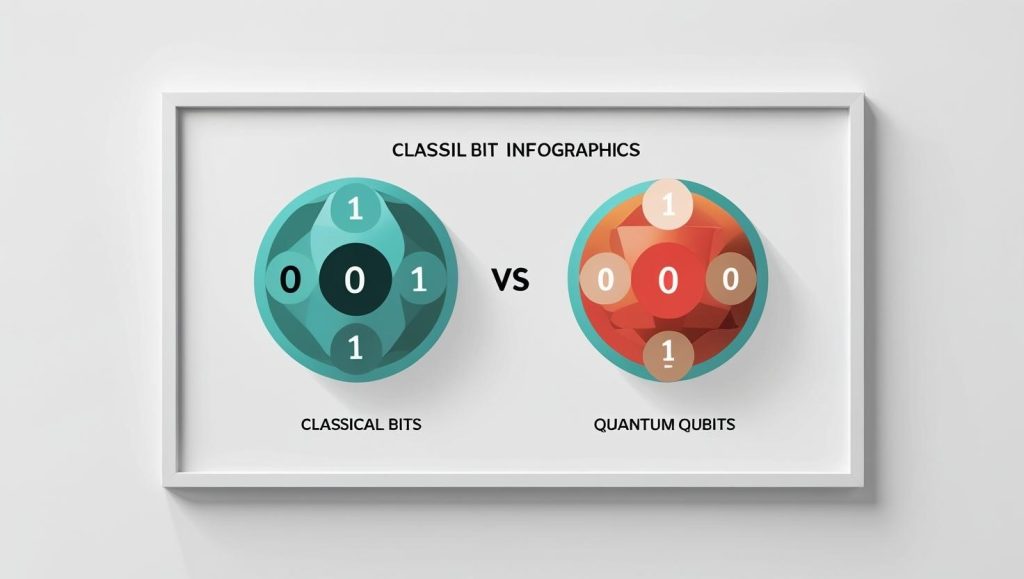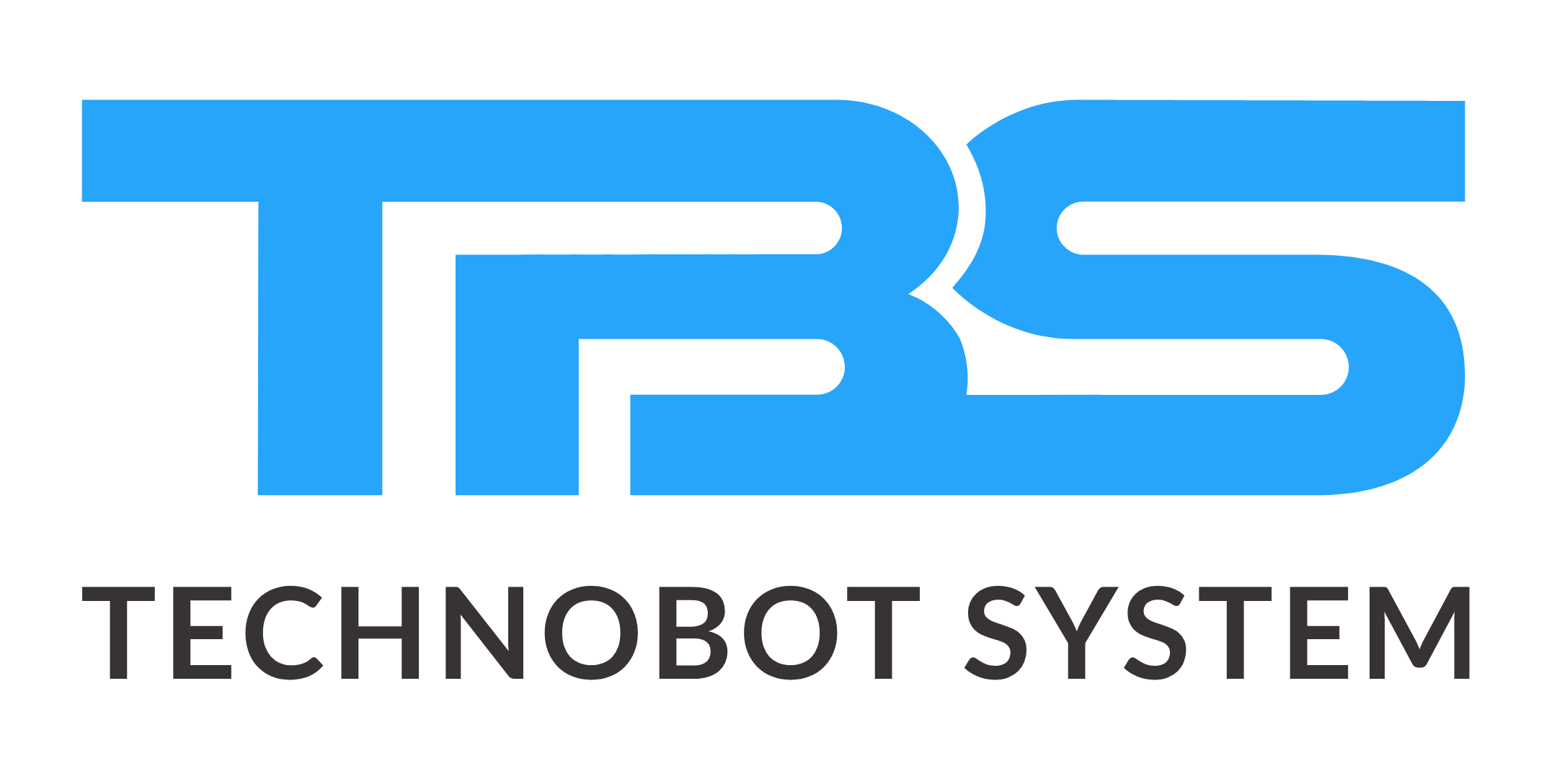What Is Quantum Computing?
Before diving into the future, it’s essential to understand the fundamentals.
Classical vs. Quantum Computing
Traditional computers use bits, whereas quantum computers use qubits, which can exist in multiple states simultaneously thanks to the principles of superposition and entanglement. This gives quantum computers an edge in solving certain problems exponentially faster.

Key Advantages of Quantum Computing
Quantum computing isn’t just faster—it’s smarter, offering unique benefits:
- Parallel Processing Power
- Enhanced Encryption and Security
- Simulations for Drug Discovery and Material Science
- Optimization in Logistics and AI Models
🔗 IBM Quantum Computing Overview
Real-World Applications Shaping the Future
Healthcare & Pharmaceuticals
Quantum simulations can model molecular structures with incredible accuracy, accelerating drug discovery timelines.
Artificial Intelligence & Machine Learning
AI can become more precise through faster training of large-scale models. Quantum computing can reduce time needed to optimize ML algorithms significantly.
Cybersecurity
With the rise of quantum decryption, we’ll see a shift towards post-quantum cryptography to safeguard sensitive data.
🔗 Vital Role of Cybersecurity in Web Application Development
Challenges Before Mass Adoption
While the potential is immense, several roadblocks remain:
- Hardware Stability (Quantum Decoherence)
- High Operational Costs
- Extreme Cooling Requirements
- Lack of Skilled Workforce
The Road Ahead: What to Expect by 2030
Experts predict we will reach Quantum Advantage—a point where quantum outperforms classical—within the next few years. By 2030:
- Quantum-as-a-Service (QaaS) will emerge as a mainstream cloud model.
- Industries like finance, aerospace, and climate modeling will adopt it.
- Governments will increase regulation and funding for quantum security.
How Businesses Should Prepare for the Quantum Shift
If you’re in tech, healthcare, finance, or logistics, preparing now could be your competitive edge.
Invest in Talent
Build quantum-skilled teams through partnerships with universities or upskilling programs.
Collaborate with Quantum Startups
Engage with early-stage quantum startups that offer cloud-based access to hardware.
Future-Proof Your Security
Start researching quantum-safe encryption algorithms to avoid being caught off-guard.
Conclusion: A Quantum Leap Worth Taking
The future of quantum computing isn’t just near—it’s happening. Despite its current limitations, quantum tech is shaping up to revolutionize everything from medicine to AI. Organizations that begin their quantum journey today will lead the tech-driven world of tomorrow.

